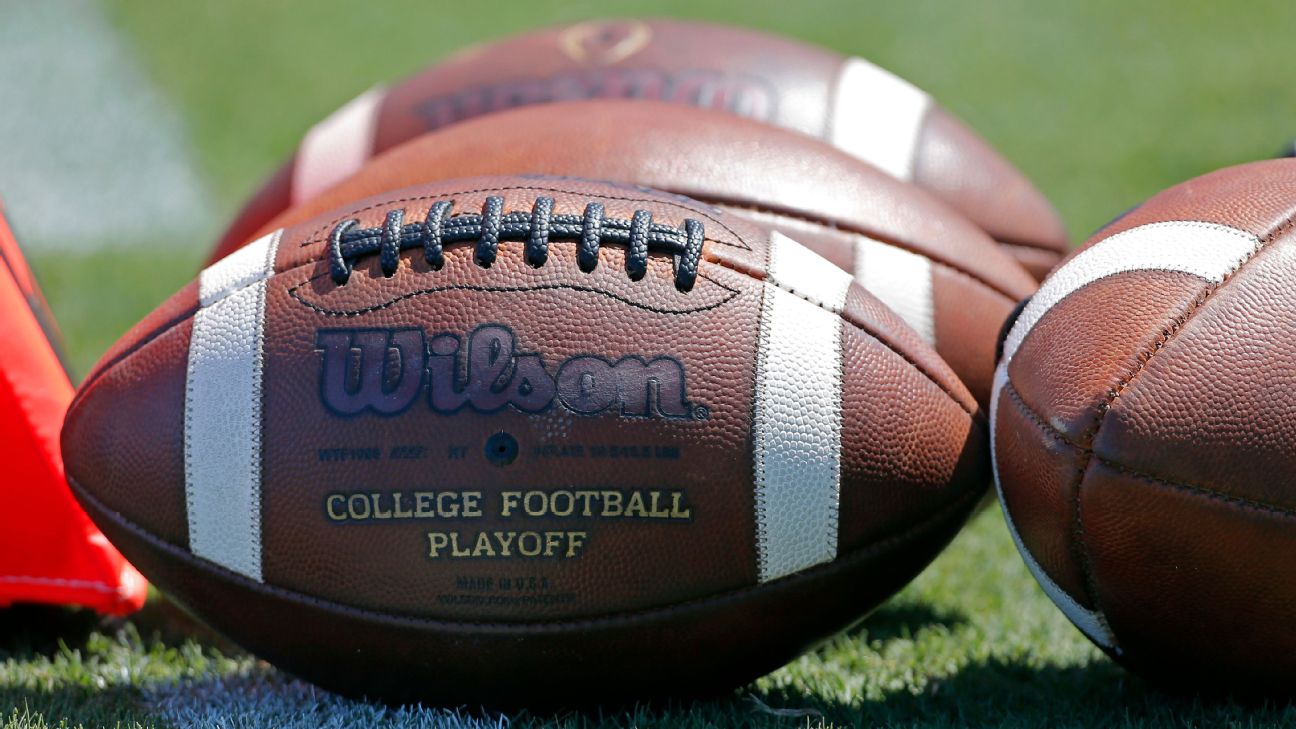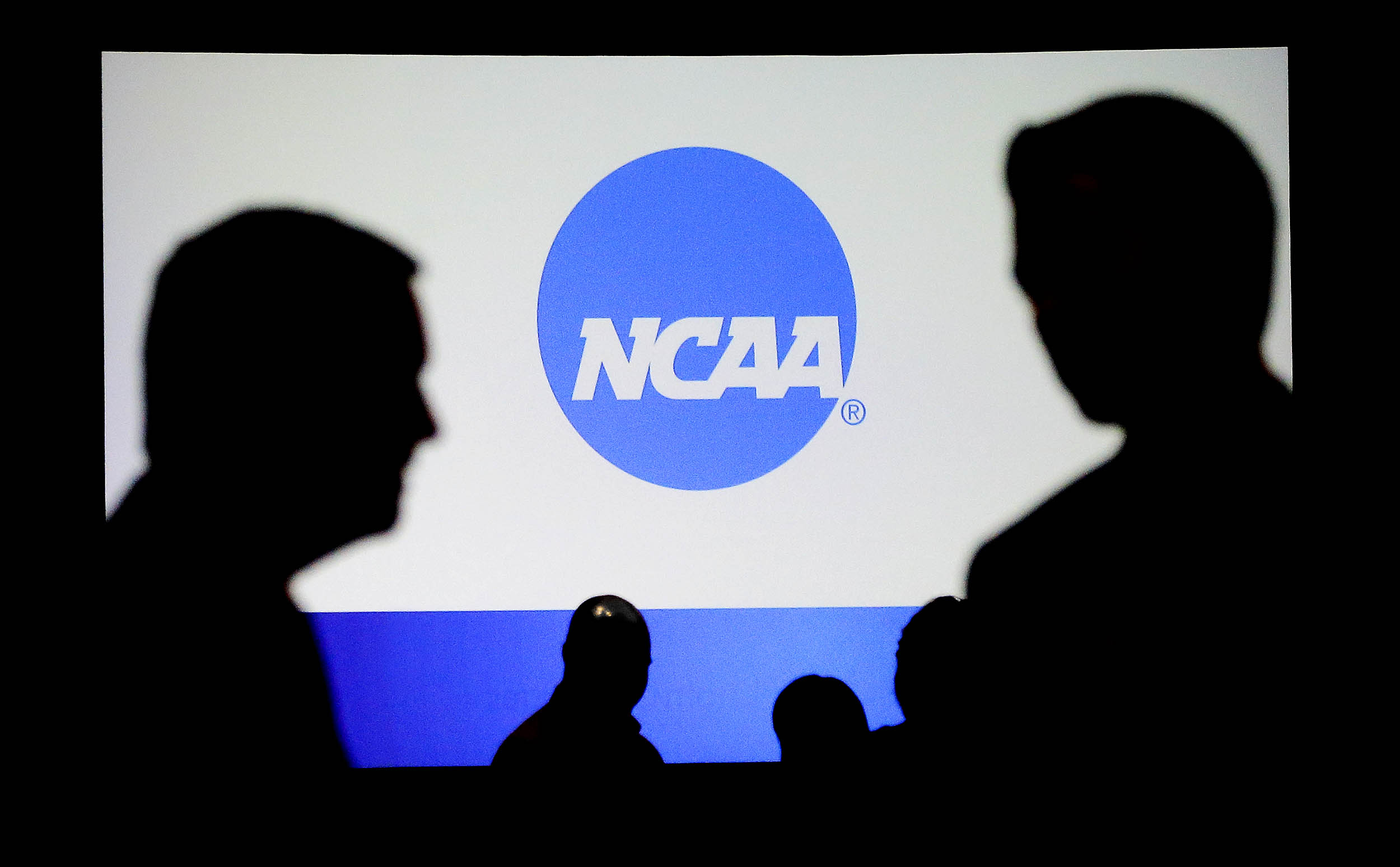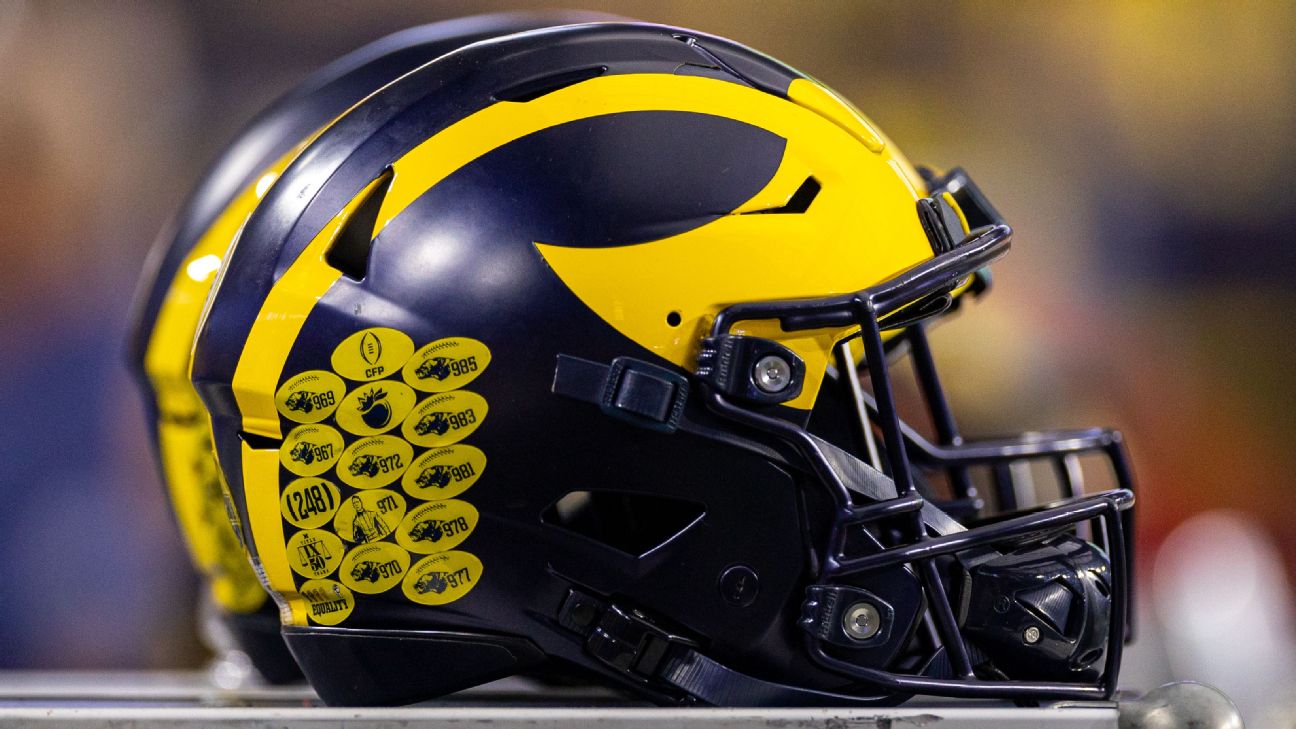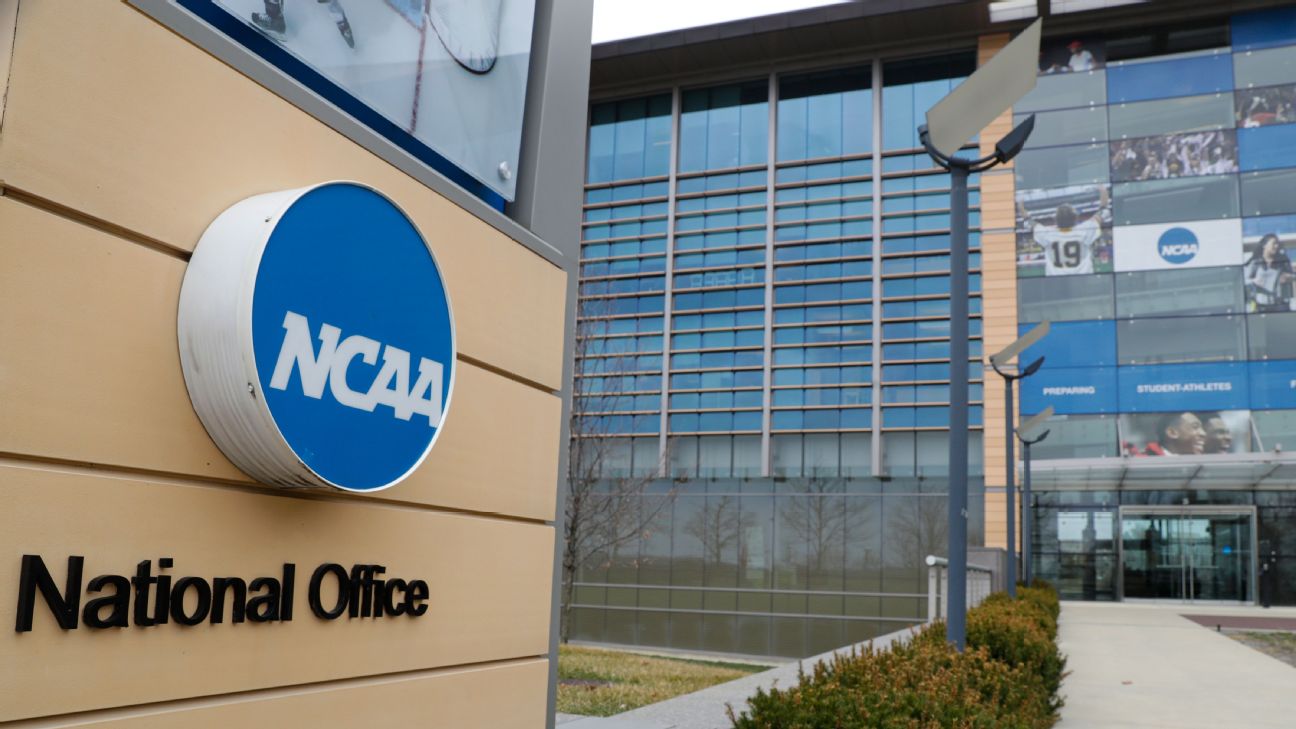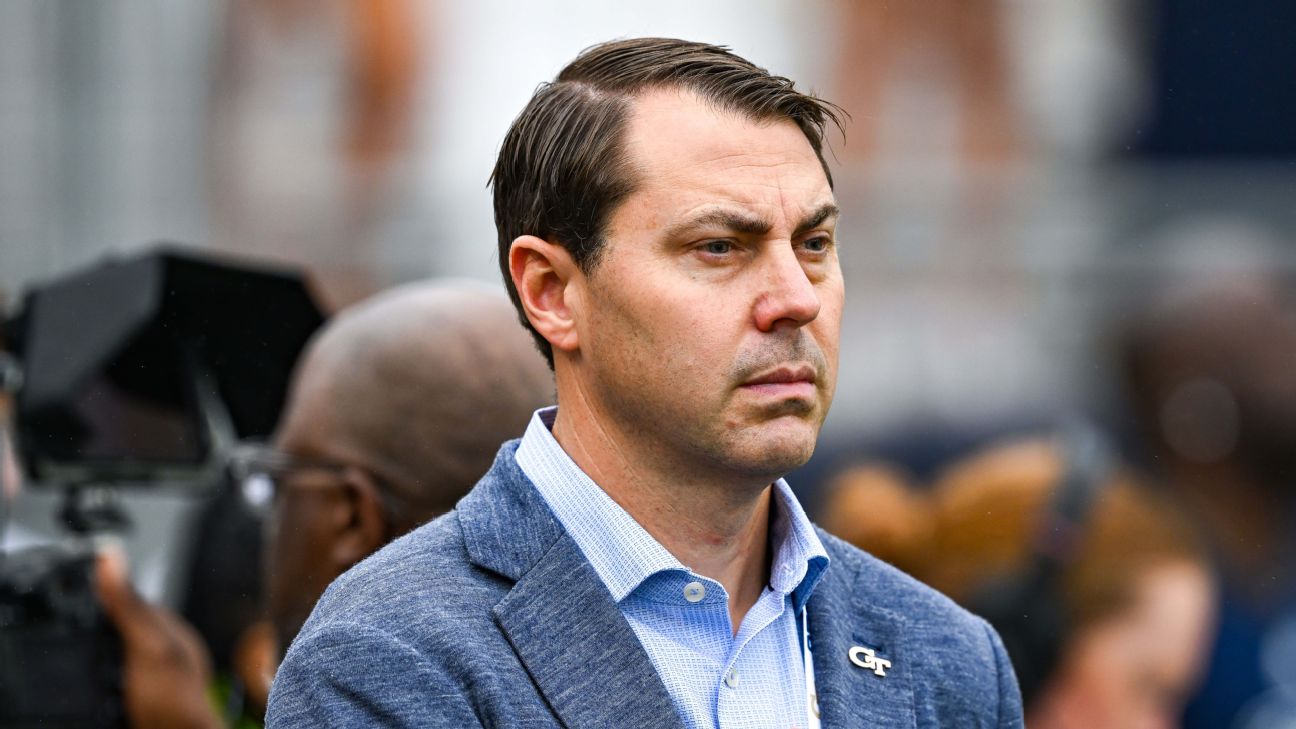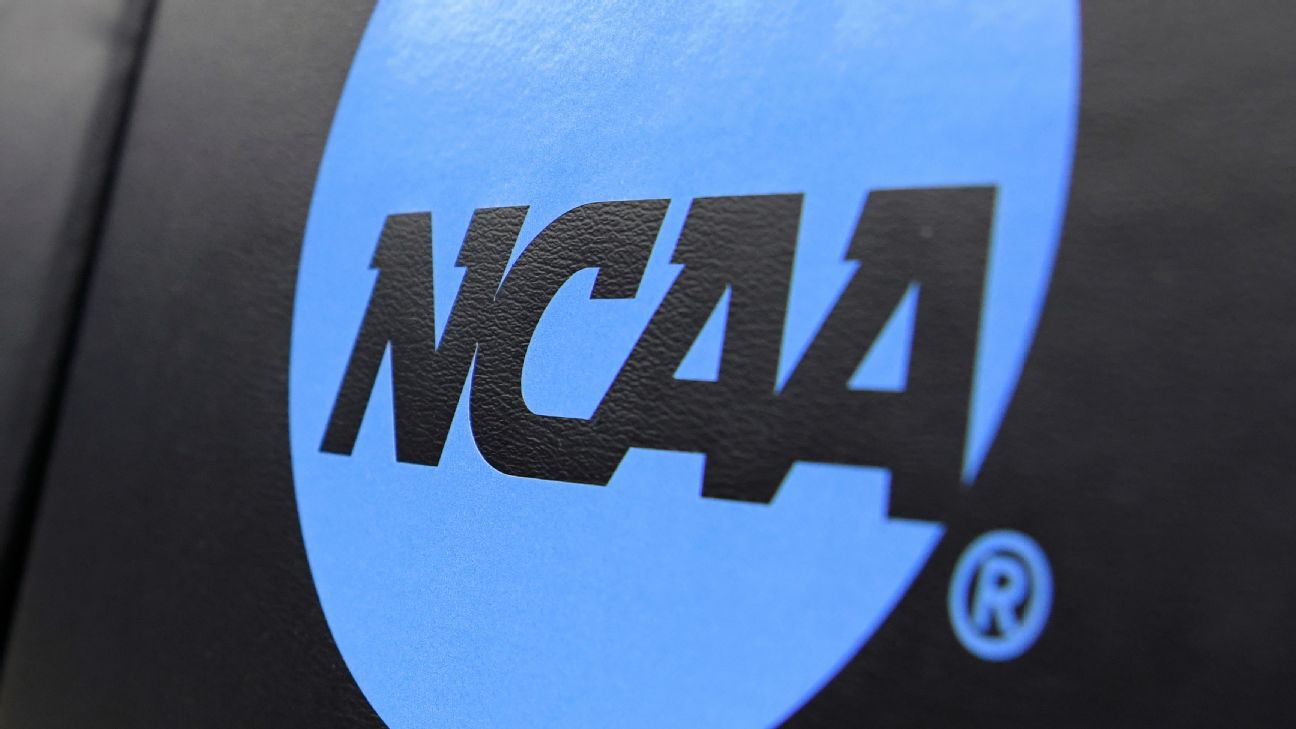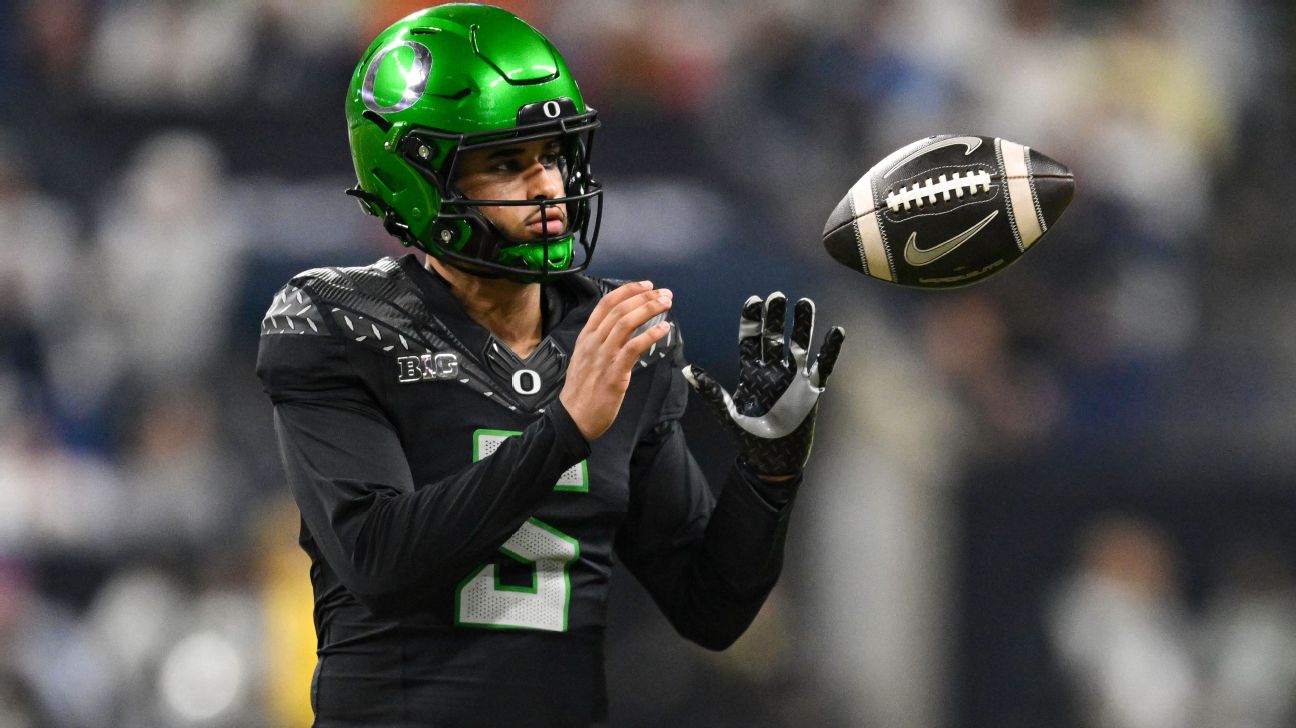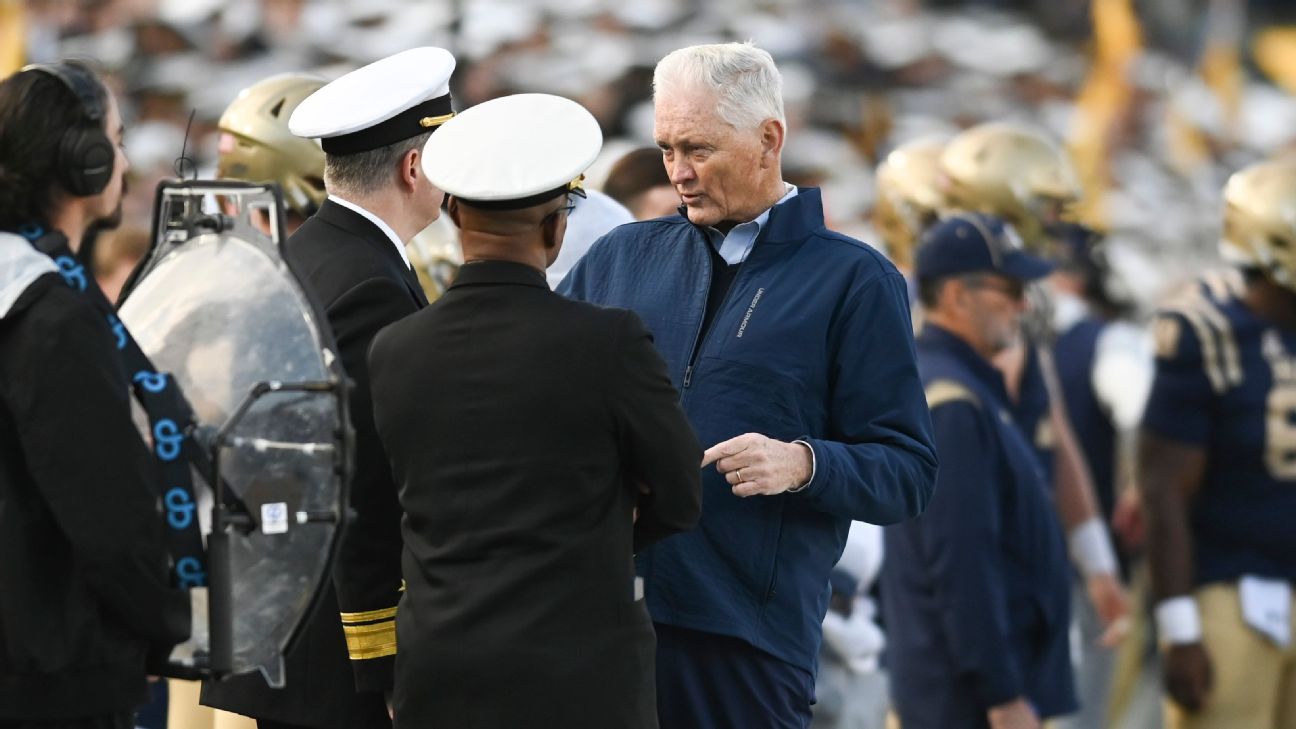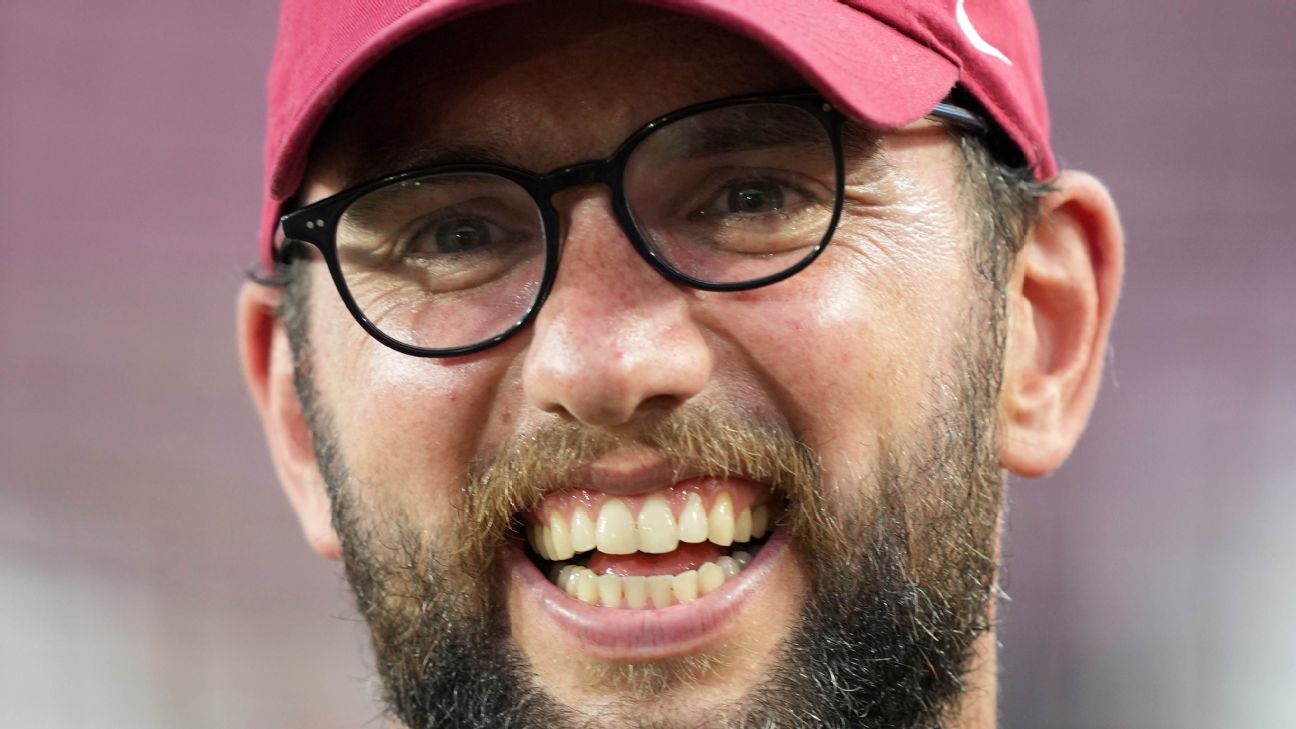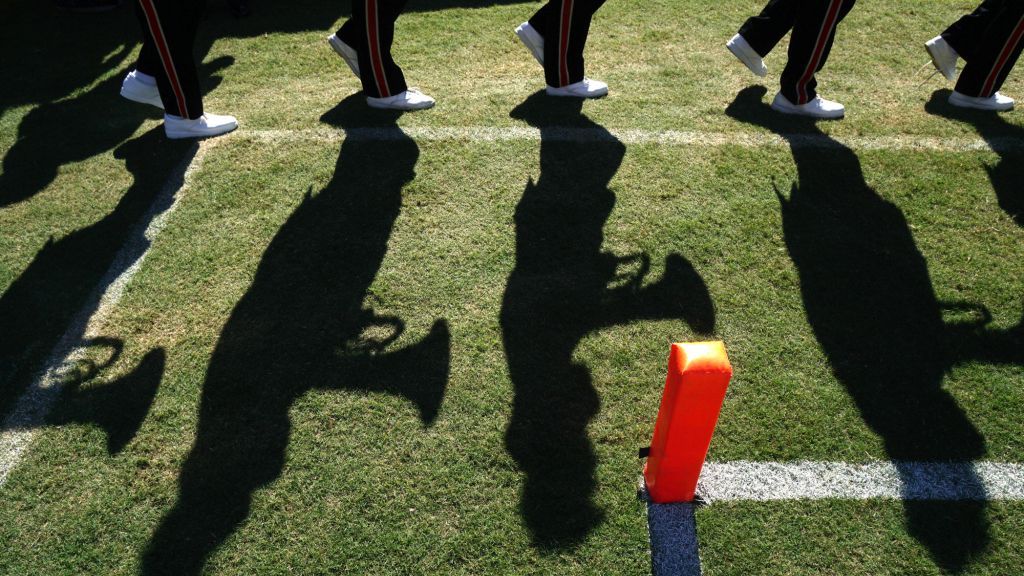Bryan Seeley: The Architect of Integrity in the New Era of College Sports
Bryan Seeley steps into the role of policing the evolving landscape of college sports, ensuring fairness and transparency in the new revenue-sharing era.

Introduction
Bryan Seeley, a former federal prosecutor and MLB investigator, has taken on the monumental task of overseeing the College Sports Commission (CSC). His mission is to bring order to the chaotic and rapidly changing world of college sports, particularly in the wake of the new revenue-sharing and Name, Image, and Likeness (NIL) deals.
The Challenge Ahead
With the advent of direct revenue share payments and NIL deals, the landscape of college sports is undergoing a seismic shift. Seeley's role involves establishing a transparent and fair system to regulate these new financial arrangements. His experience in handling high-profile cases at MLB, including gambling and sign-stealing scandals, positions him uniquely for this challenge.
Building a New System
Seeley's first day at the CSC was marked by the mundane yet essential task of setting up his office. However, the real work lies ahead. He must:
- Hire a competent staff
- Develop investigative processes
- Determine fair punishment standards
- Build relationships across hundreds of schools and dozens of sports
The Importance of Transparency
One of Seeley's primary goals is to create a justice system that is both transparent and easy to understand. He plans to start by listening to the concerns of coaches, administrators, and players rather than imposing his authority. This approach aims to earn the trust of the skeptical college sports community.
Historical Context
The creation of the CSC alleviates a significant burden from the NCAA, which has long been criticized for its enforcement impotence. NCAA president Charlie Baker has emphasized the need to define each organization's role in enforcement, focusing on issues like eligibility, sports betting, and recruiting calendars.
The Road Ahead
Seeley acknowledges that any cultural changes in college sports will take time. He is committed to showing that there are real consequences for breaking the rules in the CSC's era of enforcement. His approach is one of patience and meticulous preparation, aiming to build a system that can adapt to the evolving landscape of college sports.
Conclusion
Bryan Seeley's role as the head of the CSC is pivotal in shaping the future of college sports. His extensive experience and methodical approach offer hope for a more transparent and fair system. As he embarks on this challenging journey, the college sports community watches with cautious optimism.













